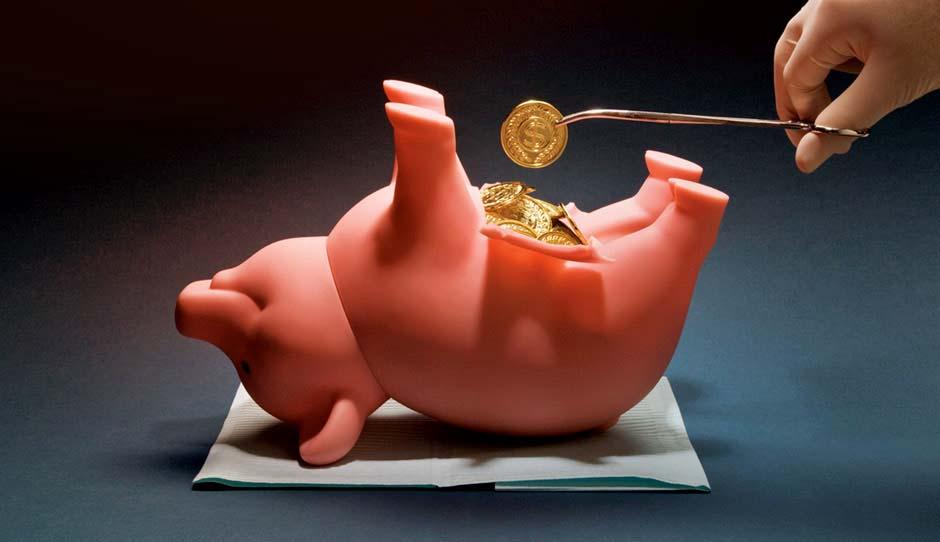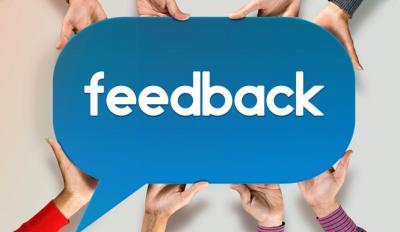Why Healthcare in India Just Got More Affordable
- BY Ira Swasti
 In Innovation
In Innovation 10313
10313 0
0

Most of the medical decision making at the family level is dependent on the family physician or unreliable word of mouth because people are not aware of the regular cost of a certain procedure."- Dr. Akash Rajpal
According to Dr Akash Rajpal, founder of Mumbai-based firm Ekohealth, about 35 per cent of insurance applications get rejected in the country, mostly because people only apply for a health insurance after contracting chronic lifestyle diseases such as diabetes, heart ailments or cancer, or after they’ve crossed a certain age threshold. “This is the time when a patient badly needs an insurance cover and the time he or she doesn’t get it,” Dr Rajpal says. Also, 80 per cent of a person’s medical expenses come from routine lab tests, doctor visits and medicines, and not from one-off surgery costs, that an insurance scheme may or may not cover. Unfortunately, it would be simply unfeasible to expect private insurance companies with an already low member base to cover a large number of highrisk patients. On the other hand, the government usually tends to focus on people at the bottom of the pyramid, as perhaps it should. That leaves a large number of people between these two scenarios, who can’t afford insurance and are not government scheme beneficiaries.

How can a business then leverage this huge pool of the urban poor and the middle-income segment that prefers to go to a private instead of a government hospital, but doesn’t have the means to pay for it? Ekohealth is trying to make that possible through a group discount model for health care services i.e. group discounts for surgeries and other medical procedures at various hospitals that the company has tied up with. The idea behind the model is that hospitals would be willing to offer bigger discounts if they have a bulk of patients looking for treatment and patients would benefit from the lower costs of medical procedures. Started in April 2011 by Dr Rajpal, Ekohealth offers a subscription of Rs1,500 per family per year, under which, every family member is entitled to discounts ranging from 10 to 50 per cent on doctor consultations, medicines and more complex medical procedures like surgeries at medical centres such as Apollo Pharmacy,
Medanta, Seven Hills Hospital and SRL Religare. Ekohealth ties up with a hospital or medical centre in a city and refers its members there without charging the hospital any referral fee, but makes money from advertisements of companies or hospitals that wish to co-brand their identities on the company’s membership card. But for the model to work, the company needs to have a large membership base inplace, and so Rajpal targets both corporates which are a great pool of a large number of potential members present in one place and individual families, which usually have four members on an average. However, the bigger goal of the venture, according to the founder, is to create awareness among people about the costs of various medical procedures, (just like any other commodity in the market) so that uninformed patients are not taken for a ride by unethical doctors and hospitals. “Most of the medical decision making at the family level is dependent on the family physician or unreliable word of mouth because people are not aware of the regular cost of a certain procedure,” he explains. “What that leads to is a practice of referral fee which is as high as 60 per cent of the patient’s bill and that artificially inflates the bill.” Then, many more patients do not know that there are usually more than 50 manufacturers that produce the same molecule for a drug, one that charges Rs800 and another that may cost only Rs40.
According to a 2011 study published in the Indian Journal of Pharmacology, the retail margin of five commonly-used branded-generic medicines was in the range of 201 to1016 per cent. Ekohealth ensures that all its members can consult the company to get information on the cost of medicines or medical procedures to know the cheapest and best option vailable, once the patient’s doctors have prescribed a certain medicine or surgery. It claims to have reduced the health care costs of its 8,500-odd members by Rs22,000-50,000 a year and is operational in major metros and Tier 1 cities such as Delhi, Bangalore, Mumbai, Pune, Chennai and Nagpur, at present. So is Ekohealth doing the government’s job? Dr Rajpal doesn’t seem to think so. With the population size that India has, he says he doubts any other democratic government in the world could have managed this feat. So, if anything, the government needs the support of private players to make the vision of basic health care available for every Indian come true. “And we believe we could do the same with Ekohealth.”





























Add new comment